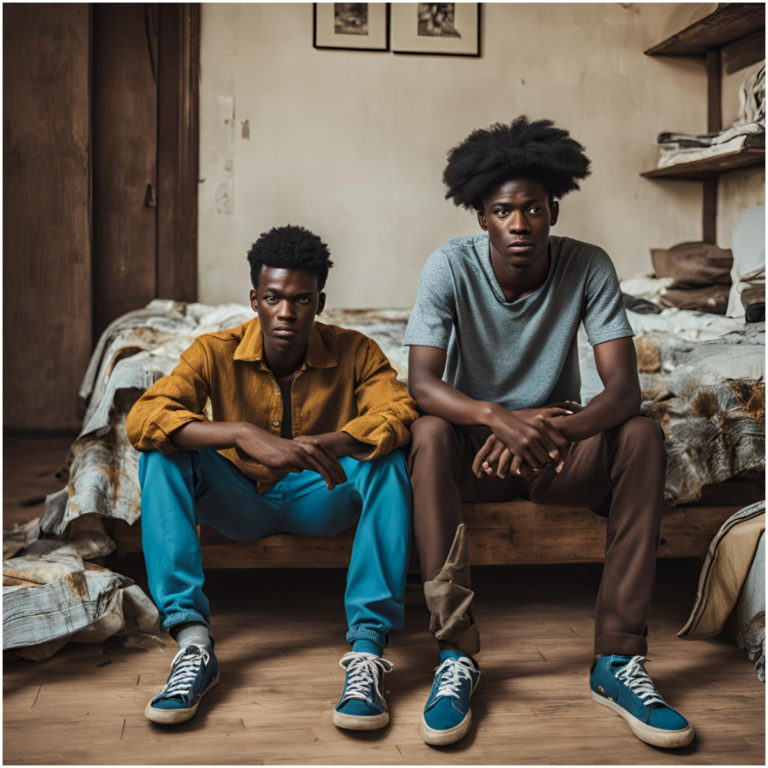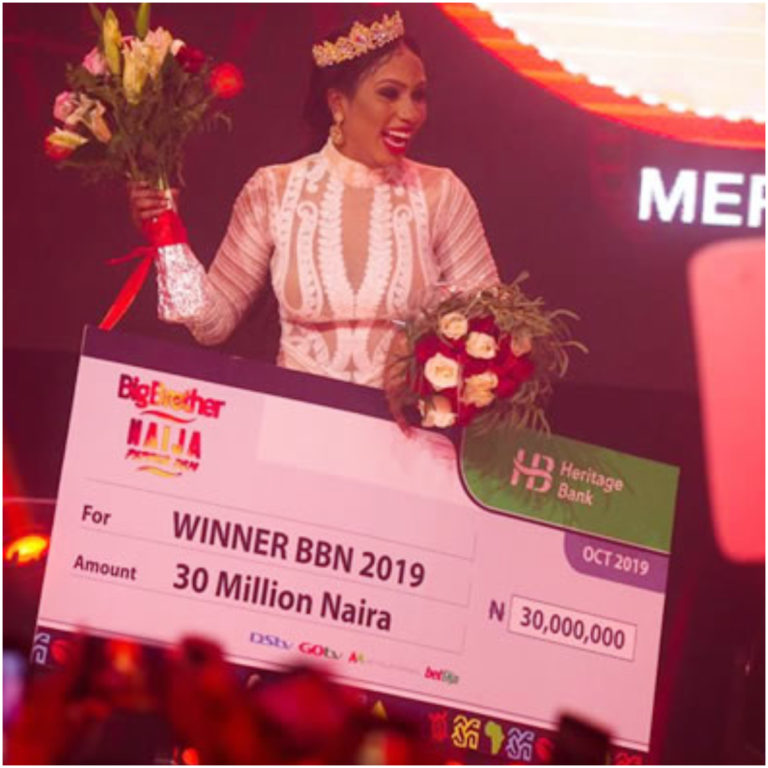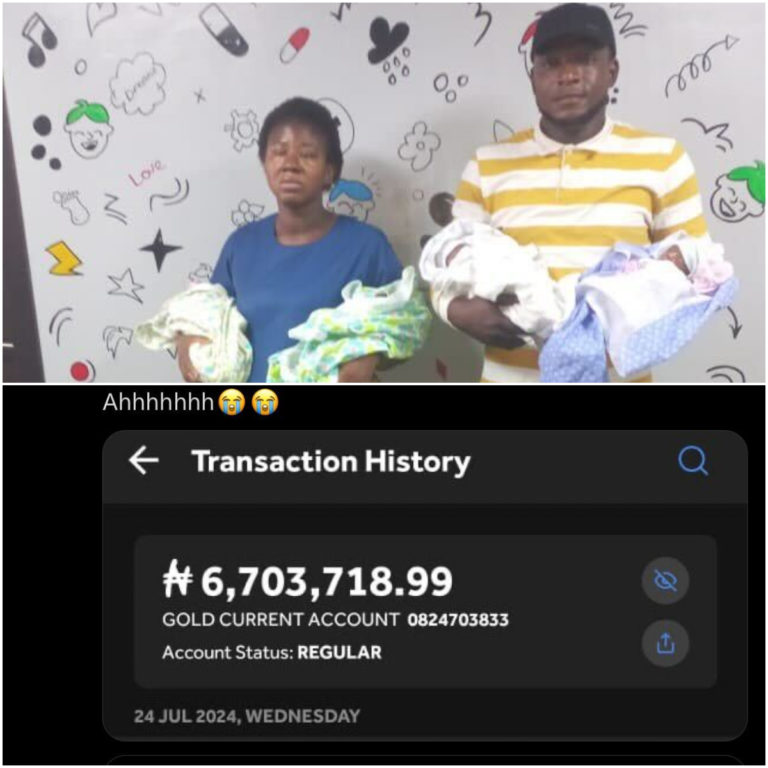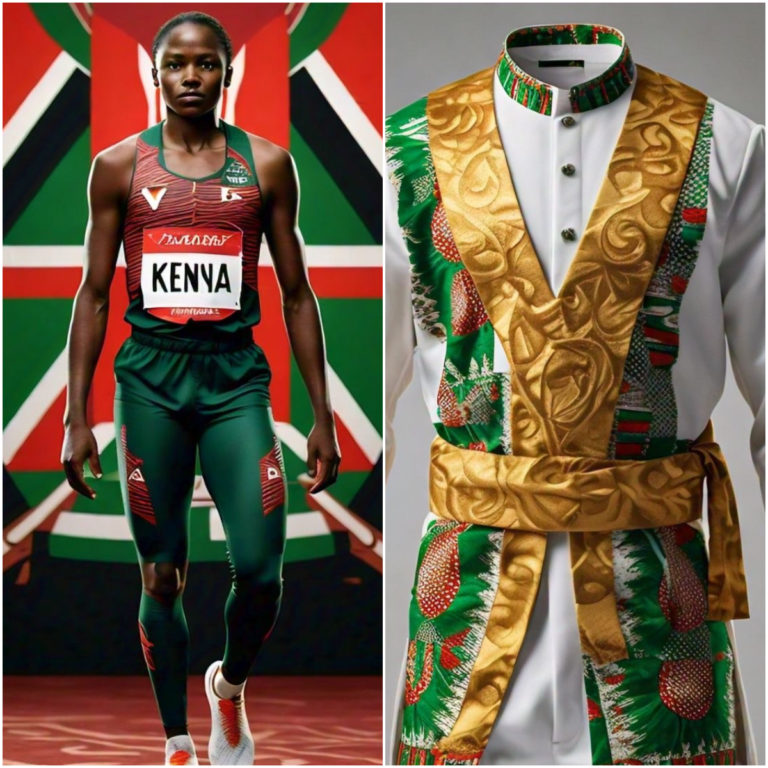Yoruba-language cinema, a sub-industry of Nollywood has come a long way since seasoned thespians like Hubert Ogunde, Ade Love and Duro Ladipo first opened up a wave of possibilities with theatre productions in the 1960s.
The years that followed have witnessed a steady rise in the quality of productions, and rightly so, the talents are much more refined, delivering Oscar-worthy performances one film at a time. These ones in particular, have bodied the movement, and we’re simply in awe.
Kareem Adepoju (Baba Wande)
Source: CityPeopleMagazine
Kareem Adepoju is of the old Nollywood tapestry, and there’s no touching the kind of wit he brings to the screen. Adepoju shot to fame after his riveting performance as Oloye Otun in Mainframe’s Ti Oluwa Ni Ile in 1993. He’s cemented his place in the industry over the years with class act performances in Ayọ Ni Mọ Fẹ, Abeni, Arugba, and most recently, Kunle Afolayan’s Anikulapo.
Lanre Hassan (Iya Awero)
Source: CityPeopleMagazine
With an acting career that has spanned over five decades, Lanre Hassan AKA Iya Awero belongs in the upper echelons of Nigerian cinema. The septuagenarian kicked off her career on stage after joining Ojo Ladipo’s theatre group in 1964. She would go on to take acting classes facilitated by Nobel Laureate, Prof Wole Soyinka. Over the years, Hassan’s performance has shone in productions like Owo Blow, Sade Blade and Kemi Adetiba’s King of Boys.
Lere Paimo (Eda Onile Ola)
Source: Instagram (@lere_paimo)
Although he’s hardly in action these days, Chief Lere Paimo AKA Ede Onile Ola is your male version of Patience Ozokwor in movies. He brought a vigour to characters that sent chills down the spines of viewers. Like his peers, the actor started out on stage after joining Oyin Adejobo’s theatre group in 1960. However, his breakthrough in cinema came with his gripping performance as Soun Ogunola in Yoruba epic, Ogbori Elemosho. Some of his other notable works include Saworoide, Ayonimofe and Agogo Eewo.
Idowu Philips (Mama Rainbow)
Source: BellaNaija
It’s impossible to have a conversation about Yoruba cinema and not acknowledge the bundle of talent that is Idowu Philips AKA Mama Rainbow. Acting happened by coincidence for her after she took charge of a drama group her husband, Ayanfemi, left behind following his death in 1984. The group will eventually fall apart after five years. Left with five kids to cater for on her own, she jumped on every movie role that came her way. Notable works include Apaadi, Ogidan and Airtel’s The Inlaws.
Jide Kosoko
Source: Instagram (@princejidekosoko)
Unarguably one of the leading men in Nigeria’s movie landscape, Jide Kosoko firmly holds ground whether he’s in the Yoruba-language or English-speaking divisions of Nollywood. This has been the hallmark of his career since he debuted in the 1964 TV production, Makanjuola. More than five decades later, the thespian continues to etch an indelible footprint in Nollywood. Asewo to re Mecca, Ti Oluwa ni Ile and The Royal Hibiscus Hotel are some notable films to look out for.
Peju Ogunmola
Source: Vanguard
As a secondary school student, Peju Ogunmola made an unceremonious entry into the movie scene in Ade Love’s 1979 release, Kadara. But she’s grown with the industry over the years and made a remarkable impact. Her exceptional acting and ability to portray characters with an unmatched depth and authenticity have made her a go-to for producers and directors. Experience her at her best in productions like Koseegbe, King of Thieves and Ahon.
Adebayo Salami (Oga Bello)
Source: Instagram (@adebayo.salami)
Known to many as “Oga Bello”, Adebayo Salami is the gift that keeps giving to Yoruba cinema, and he deserves all the flowers in the garden. With a career that spans over five decades, he’s managed to pass the baton to four of his children, who are all active players in Yoruba Nollywood. He started on stage after joining the drama group, Young Concert Party, under the leadership of Ojo Ladipo in 1964. Oga Bello would take over leadership of the group in 1978, after Ladipo’s demise; the new role catapulted him into the limelight. He produced his first movie, Ogun Ajaye, in 1985, and has featured in and directed hundreds of movies since. Catch him in Omo Ghetto, Owo Blow and Ajani Ogun.
Toyin Afolayan (Lola Idije)
Source: 36NG
A much-adored fav of Gen-Zs, due to slangs like “Pele, my dear” and “Soro Soke, wayray”, Toyin Afolayan AKA Lola Idije is of Nollywood royalty, and there’s no touching the hem of her garment. Rising to fame after her role as Mama Adisa in the 1995 production, Deadly Affair, it’s been over two decades of riveting performances whenever she pops on the screen. She’s also Ade Love’s younger sister and aunt to filmmaker, Kunle Afolayan, and actors, Aremu and Gabriel Afolayan.
Yinka Quadri
Source: Newswireng
With over a hundred productions to his name, Yinka Quadri has earned his place as an icon in Yoruba-language cinema. The veteran actor kicked off his career in 1977, after he dropped out of school to form a drama group with his friends. Quadri would go on to co-found Odunfa Caucus, a theatre group that platformed talents like Funke Akindele, Iyabo Ojo and Saheed Balogun, among others. You can catch Quadri’s magic in movies like Apesin, Abulesowo and Apaadi.
Fausat Balogun (Madam Saje)
Source: AllNewsNigeria
Nobody does it like Fausat Balogun, and it’s been over four decades of pure acting excellence that still holds viewers spellbound. Famously known as Madam Saje, the thespian started her acting career in 1975 after she completed primary school. She would later join Lagos Television (LTV 8) in 1980, where she shot Abeni Ajagun, and move on to NTA 7 in 1991 for a show with Baba Suwe called Erin Kee Kee, which birthed the name Madam Saje. Her career has seen an upward spiral ever since; watch Ofin Igbeyawo, Atila and Alase Aye for proof.

Please take the survey here.




